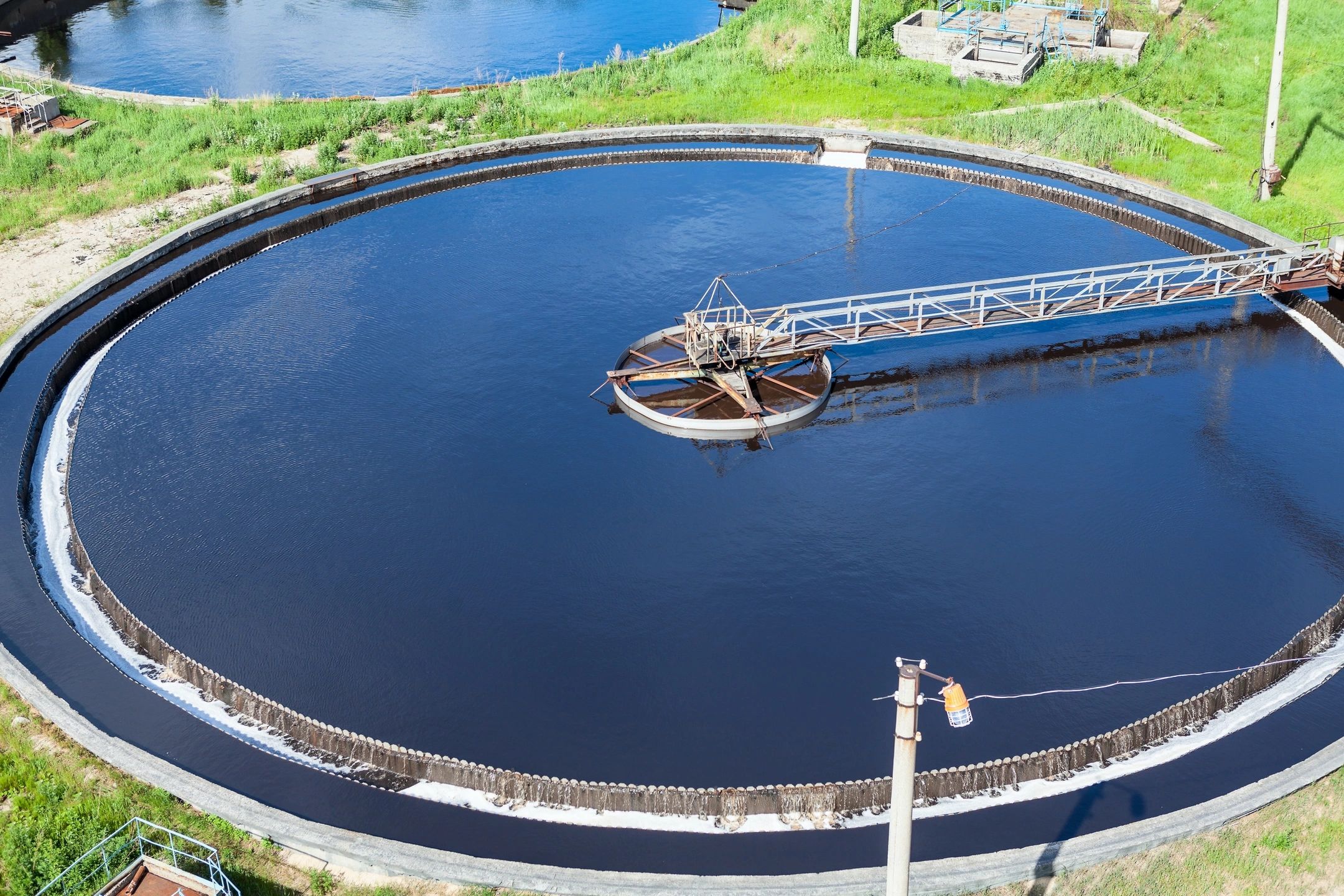Water is a need for life, but the waste it produces is frightening and endangers the sustainability of our world. Water shortages are a global problem caused by an unsustainable rise in demand for freshwater resources as a result of expanding populations and rapid urbanization. This article examines the important problem of water waste and its extensive effects, using information from two reliable sources.
The World Wildlife Fund (WWF) estimates that due to leaking pipelines, ineffective irrigation methods, and excessive home consumption, 30% of the world’s water is lost every day. This incredible loss not only depletes the world’s finite freshwater resources but also stresses ecosystems and worsens the water situation worldwide.
The United Nations’ Food and Agriculture Organization (FAO) also underlines that agriculture is a major source of water waste. Excessive water usage in agriculture is a result of ineffective irrigation infrastructure, overwatering, and the growth of crops that require a lot of water. Sustainable farming methods are essential as the demand for agricultural water resources increases due to the growing world population.
At all societal levels, there must be a coordinated effort to address water waste. Individuals may make a difference by practicing responsible water usage in their homes and gardens, repairing leaks, and adopting water-saving equipment in their everyday lives. Infrastructure must be improved, water-efficient technology must be promoted, and water conservation laws must be upheld.
In conclusion, water waste is a serious problem that affects human society, agriculture, and the environment severely. We must work swiftly and collectively to decrease water waste and guarantee that good water management techniques are followed globally in order to protect this priceless resource for future generations.




